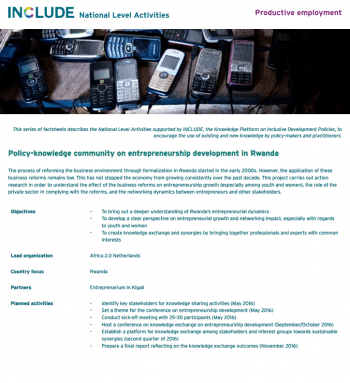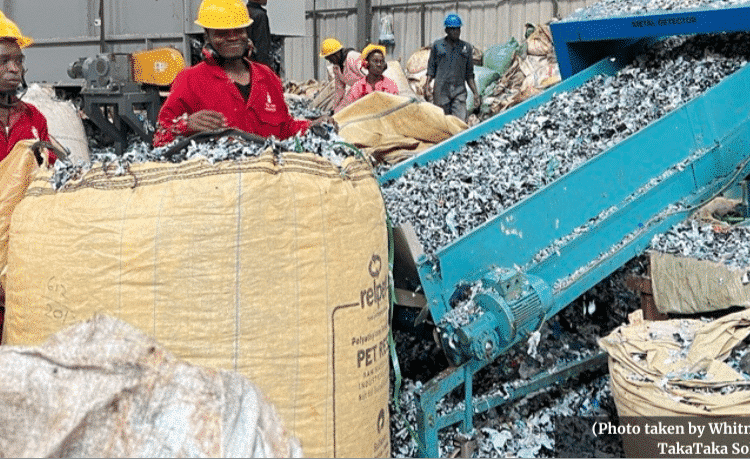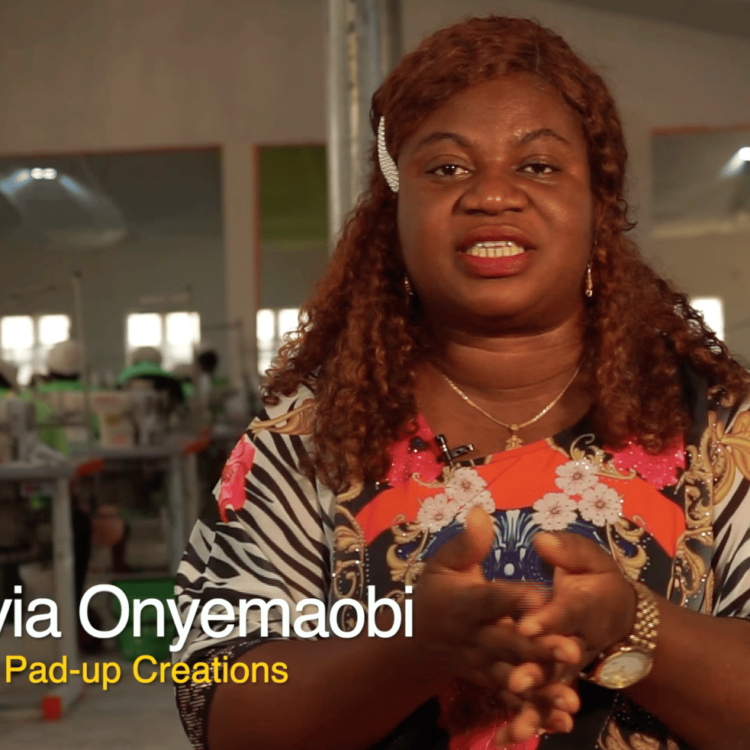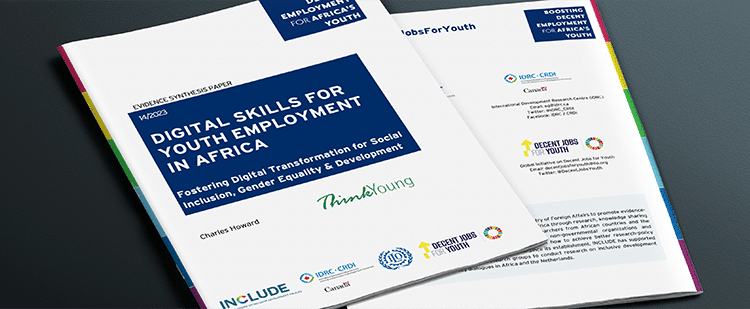
To encourage the use of existing knowledge in policy engagement in African countries and to facilitate the uptake of the findings of NWO-WOTRO & INCLUDE research projects at the national level or to fill gaps in INCLUDE’s knowledge agenda not covered by these projects, INCLUDE supports policy-knowledge communities that are initiated by Platform members and supported by INCLUDE.
The process of reforming the business environment through formalization in Rwanda started in the early 2000s. However, the application of these business reforms remains low. This has not stopped the economy from growing consistently over the past decade. This project carries out action research in order to understand the effect of the business reforms on entrepreneurship growth (especially among youth and women), the role of the private sector in complying with the reforms, and the networking dynamics between entrepreneurs and other stakeholders.




